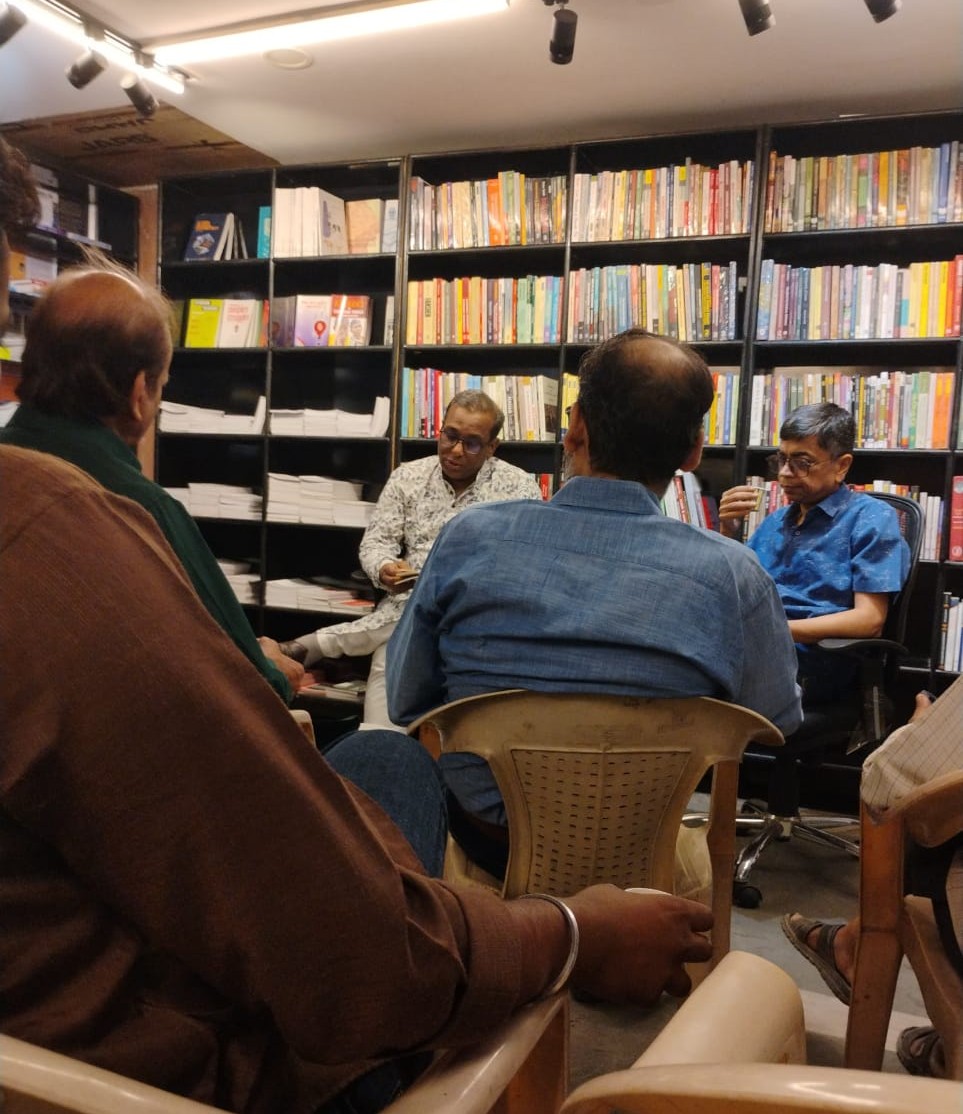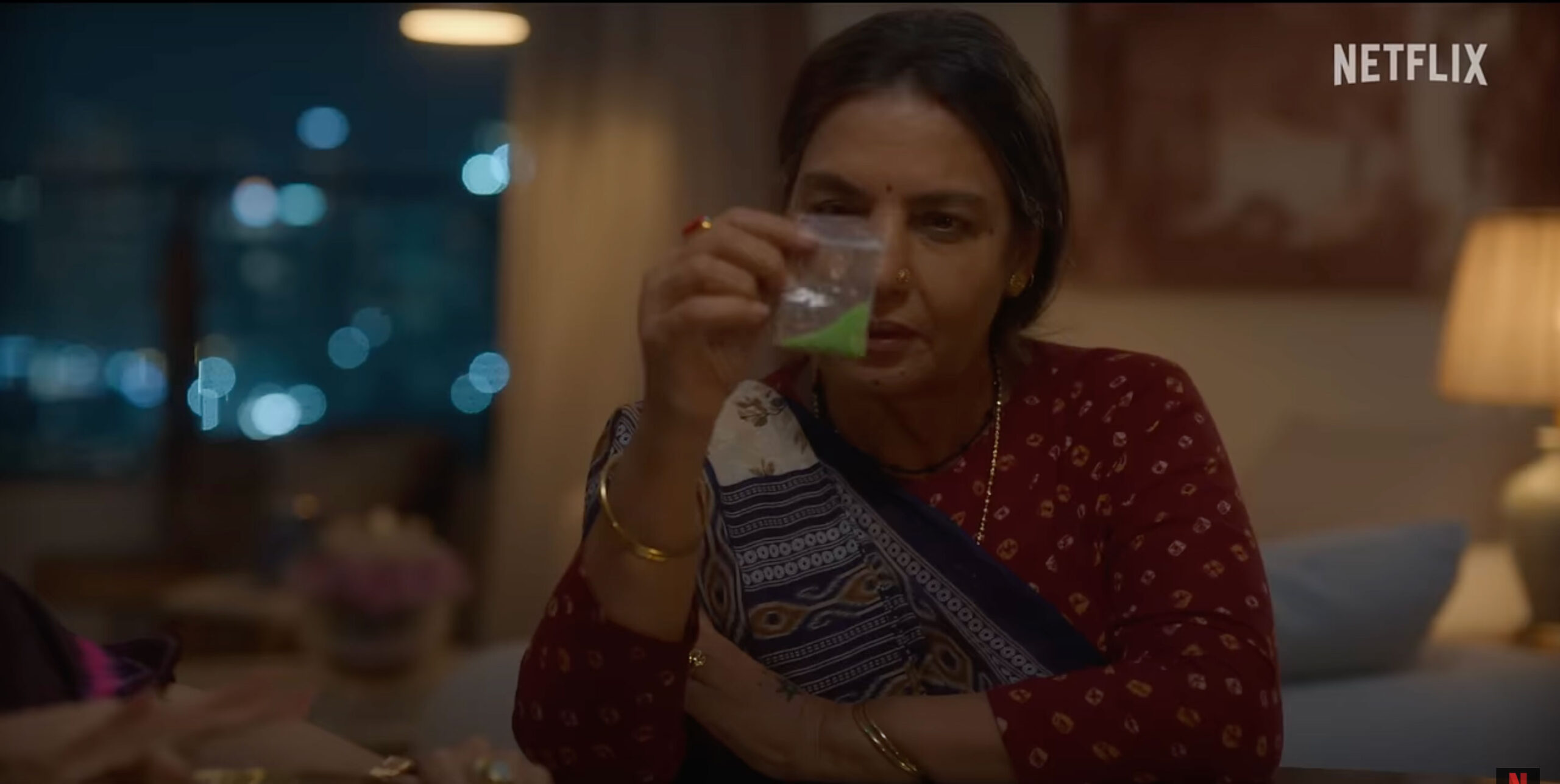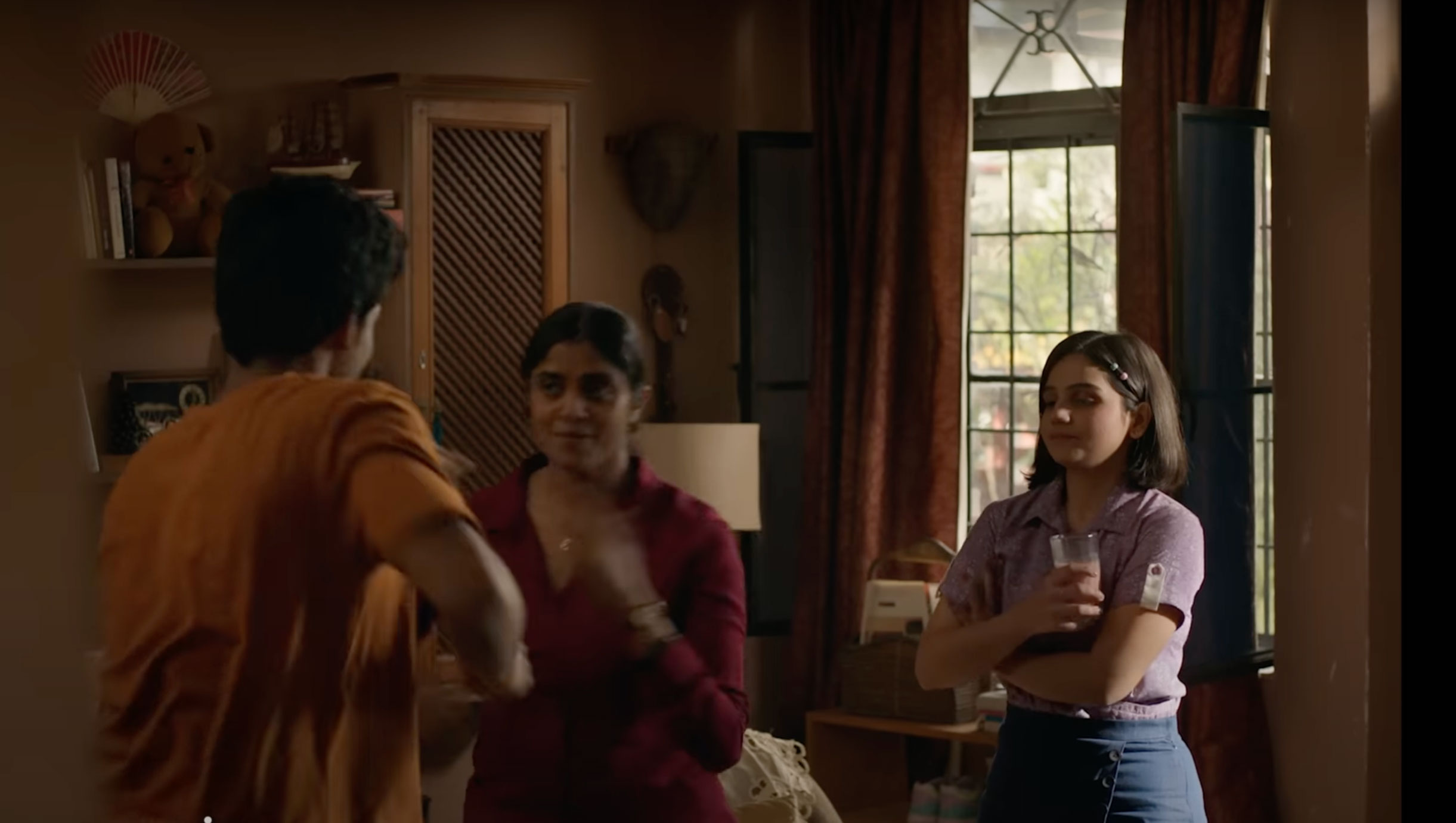Bihar’s politics has been “Mandalized” but the fields of literature, art and culture are still untouched. The state boasts a large number of Bahujan writers, but over the last 30 years of Mandal Raj in the state, Savarna writers and journalists have been dominating the Bihar government’s Rajbhasha Puraskar (Awards) – both as members of the jury and as recipients. Mind you, Lalu Prasad and Nitish Kumar – two chief ministers with a formidable popular base – have ruled the state during this period. The OBC (Other Backward Classes) and Dalit intellectuals, who gloat over the representation of their communities in politics, should realize that the dominance may have enriched their leaders, but it has had no significant impact on their communities. Of the 14 people picked for the 2021 awards by the Rajbhasha Vibhag (Department) recently, 12 are from upper castes or communities and one each is a Dalit, OBC and EBC (Extremely Backward Classes). Savarnas form around 12 per cent of the state’s population but they constitute around 100 per cent of the awardees. The Bahujan, who make up the majority, have a disappointing presence on the list of awardees.
Related Articles
When I attended a liberal Savarna’s poetry reading
Having read Om Prakash Valmiki and Suraj Pal Chauhan’s works and identified with the worlds they inhabited, and then one day listening to Ashok...
Many Ramayanas
Historical, anthropological and literary research on the Ramayana reveal that remarkable variations exist and that Adivasis and women of India have their own take...
‘Dabba Cartel’: Amid drug trafficking, an exciting entanglement of class and gender questions
The women coming together to run a drug business disguised as a ‘dabba’ service has us wondering whether the old doctrine of class struggle...
A multifaceted approach needed to end witch-hunting in Jharkhand and other states
There is a pressing need for a comprehensive national law that criminalizes witch-hunting and ensures strict penalties for perpetrators. Providing communities with proper healthcare...
‘Girls Will Be Girls’ is a poetic journey through adolescence
Director Shuchi Talati’s decision to employ a predominantly female crew results in a perspective that feels authentically feminine without being performatively so, writes Neeraj...




